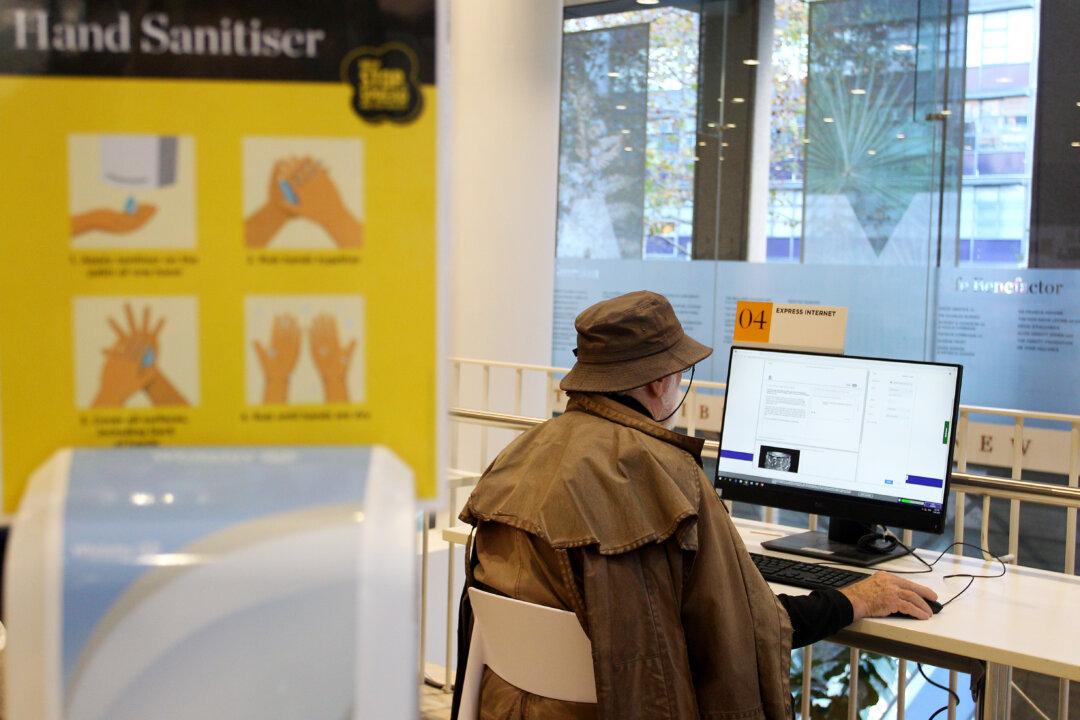New research from Google has shown that one-third of Australians still use the same passwords for multiple online accounts despite the high risks of being hacked.
The study, conducted by market research firm YouGov, surveyed 1,500 Australian adults about their online security experience.





